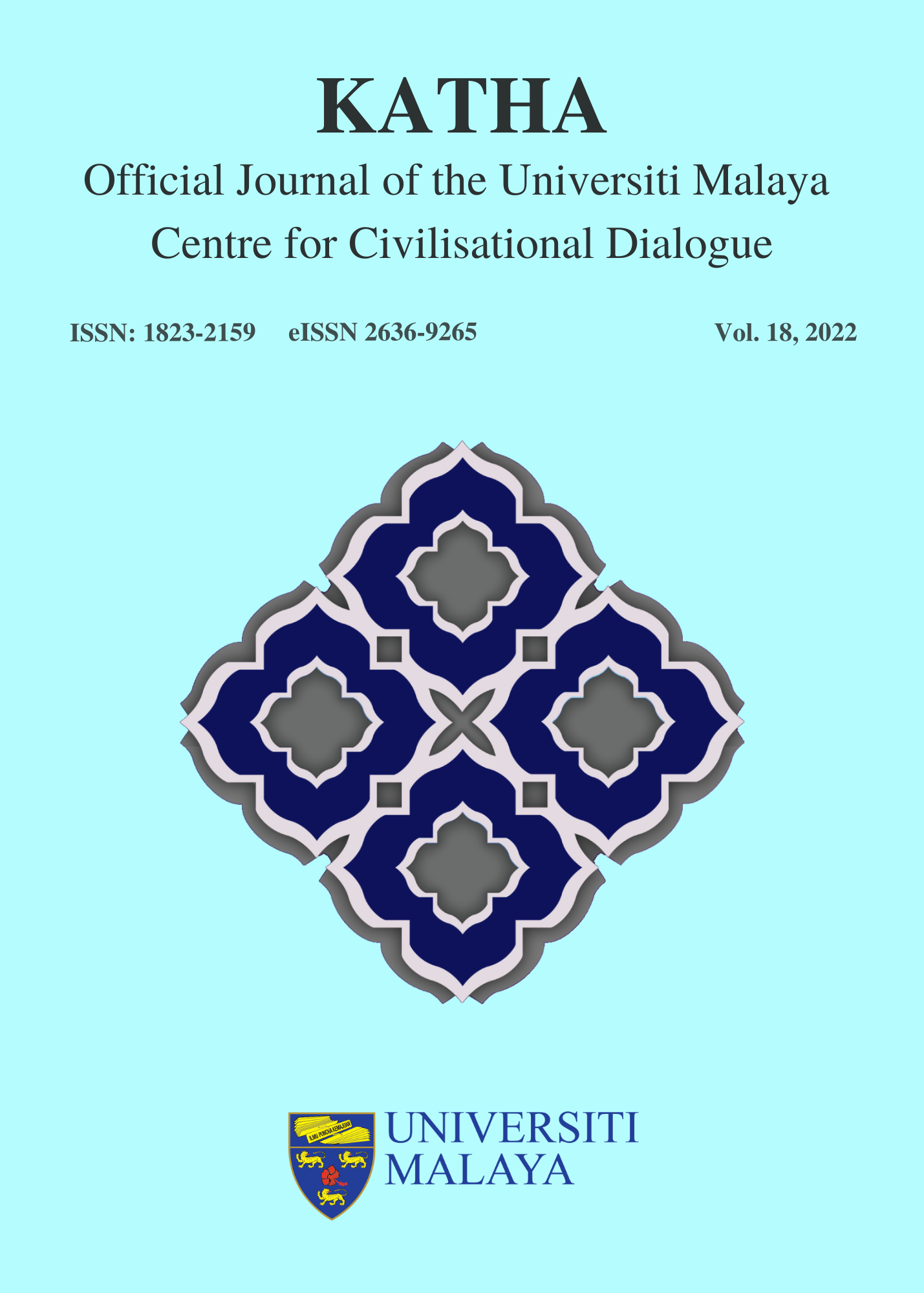Religion and Postmodernism
DOI:
https://doi.org/10.22452/KATHA.vol18no1.1Keywords:
Modernism, Postmodernism, IslamAbstract
In this article, I discuss the implications of postmodernism on religious thought, with special reference to Islamic thought. Firstly, I discuss the nature and characteristics of postmodernist thinking, and the different schools of thought/’postmodernisms’ that fall under that rubric. My contention is that postmodernism is a response to modernism rather than religion, although it has implications on religious thought. Secondly, I examine and compare the points of contention between modernism and post-modernism. I then argue that the differences are largely due to the privileging of nature and reasoning of modernists and the privileging of human/social and psychology of postmodernists. These, in turn, have implications on their metaphysics and epistemology, respectively. Thirdly, I provide an Islamic perspective on the modernist-postmodernist discourse, showing that the Islamic perspective transcends the natural-social divide, and how the tripartite relationship between God, man and nature, informs the discourse. The philosophy of language is also brought up in the discussion, where I suggest that Islam accepts the dual role of languages, that is, conveying the meaning in its literal sense (aka modernist), as well as being a symbol and an indirect reference (aka postmodernist). Finally, a close comparison is made between postmodernism and Islam, where both their incompatibilities as well as possible points of convergence are discussed.
Downloads
Downloads
Published
How to Cite
Issue
Section
License
Copyright (c) 2022 KATHA- The Official Journal of the Centre for Civilisational Dialogue

This work is licensed under a Creative Commons Attribution-NoDerivatives 4.0 International License.
Articles submitted to the journal should not have been published before in their current or substantially similar form, or be under consideration for publication elsewhere. Authors submitting articles for publication warrant that the work is not an infringement of any existing copyright and will indemnify the publisher against any breach of such warranty. For ease of dissemination and to ensure proper policing of use, papers and contributions become the legal copyright of the publisher unless otherwise agreed. By submitting a manuscript, the author(s) agree that copyright for the article is transferred to the publisher, if and when the manuscript is accepted for publication. However, it can be reprinted with a proper acknowledgment that it was published in KATHA.

This work is licensed under a Creative Commons Attribution-NonCommercial-NoDerivatives 4.0 International License.




